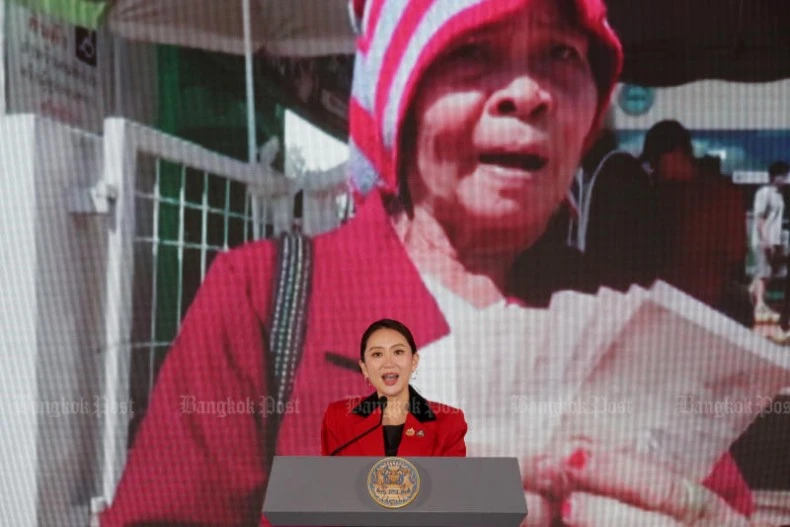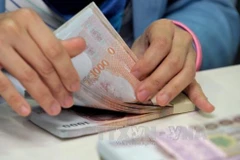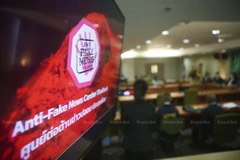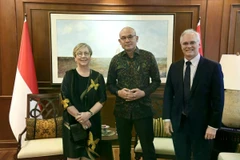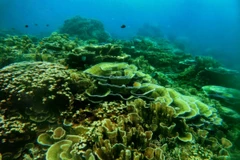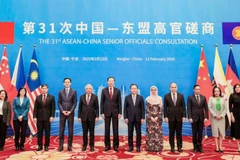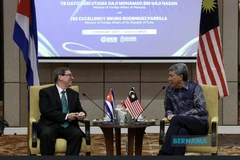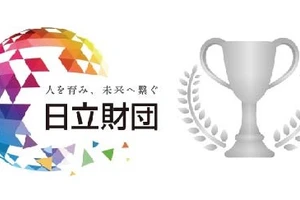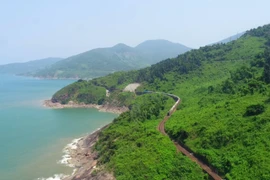Bangkok (VNA) - Thailand’s pursuit of an expansionary fiscal policy strategy to propel growth faces the risk of rising costs for elderly care, investment and the need to keep public debt level to sustainable levels, according to the World Bank (WB).
The Southeast Asian nation can enhance fiscal resilience amid the rising spending by reducing regressive energy subsidies, raising tax revenue and accelerating public investments in infrastructure, new technology and human capital, the bank said in its Thailand Economic Monitor report released on February 14.
“Pro-growth consumption-stimulating measures such as the digital wallet have added to fiscal pressures,” the report said, referring to Prime Minister Paetongtarn Shinawatra administration’s ambitious cash handout programme to stimulate the economy.
Thailand’s economy has lagged the pace of expansion of its neighbours — growing at an average of less than 2% in the past decade — hobbled by the surge in household debt and a manufacturing sector hurting from cheap imports from China. The government has unveiled bigger budget spending, cash handouts and debt-relief measures to bolster growth amid heightened uncertainties following US President Donald Trump’s threat to impose reciprocal trade tariffs.
The economic recovery is set to gain further momentum this year, driven by stronger domestic demand and fiscal stimulus, while external factors will slow slightly, the World Bank said.
Thailand’s growth is projected to accelerate to 2.9% this year, up from 2.6% last year. In 2026, growth is projected to slow to 2.7%, and the output level is expected to reach its potential level by 2028.
With the pressure for higher social spending and public investments in human capital due to aging increasing, the public debt as a ratio of gross domestic product set to swell to the ceiling of 70% in five years from an estimated 64.8% at the end of the current fiscal year, the World Bank said.
While a cautiously accommodative monetary stance of the Bank of Thailand is appropriate to support the recovery, providing targeted household debt relief while minimising credit tightening and maintaining financial stability remains a priority, the report said.
The Thai bank, which kept the policy rate steady at 2.25% in December after a surprise quarter-point cut in October, is scheduled to review the rate on February 26./.

